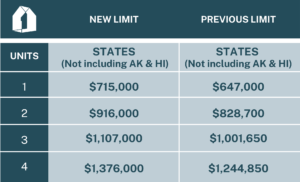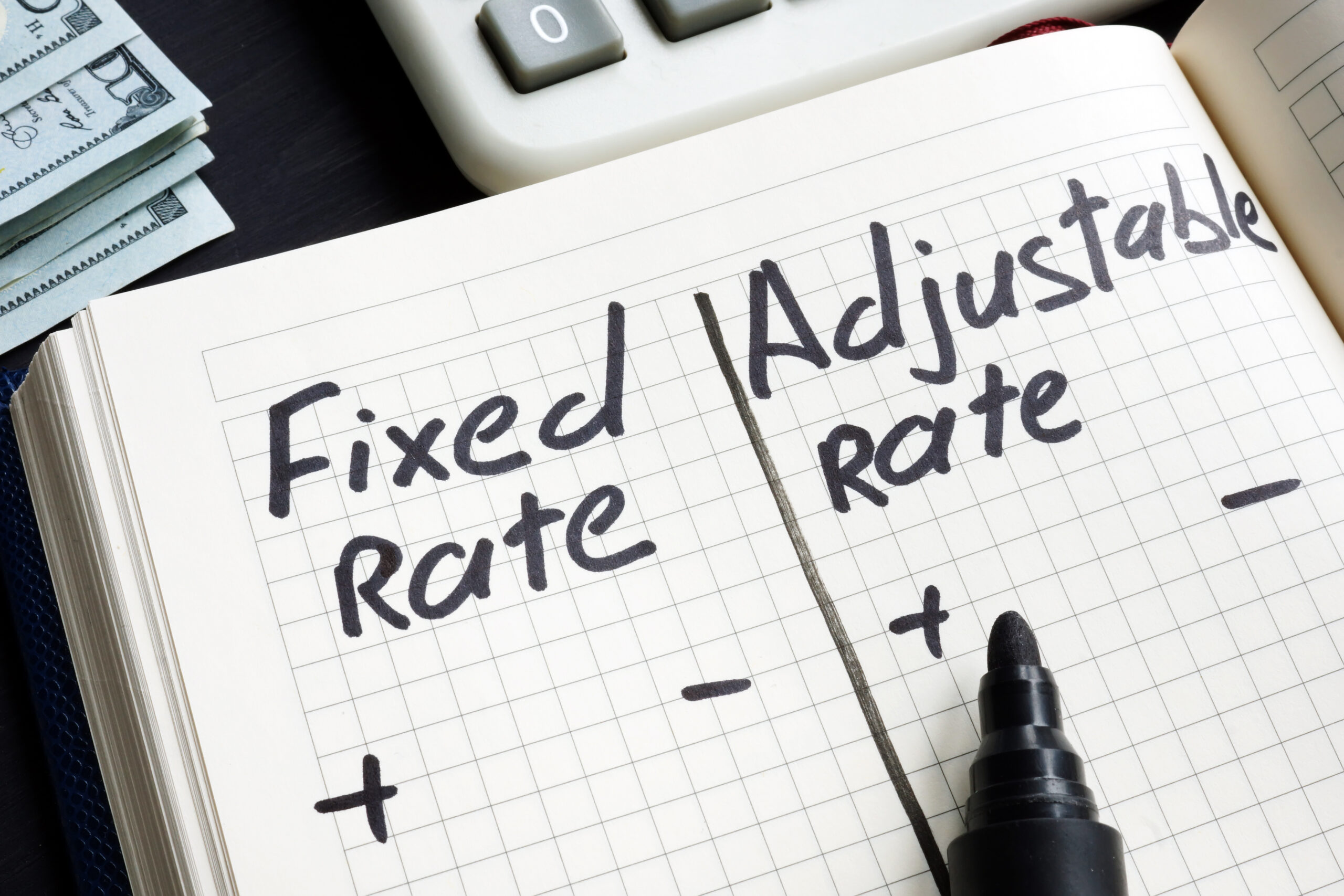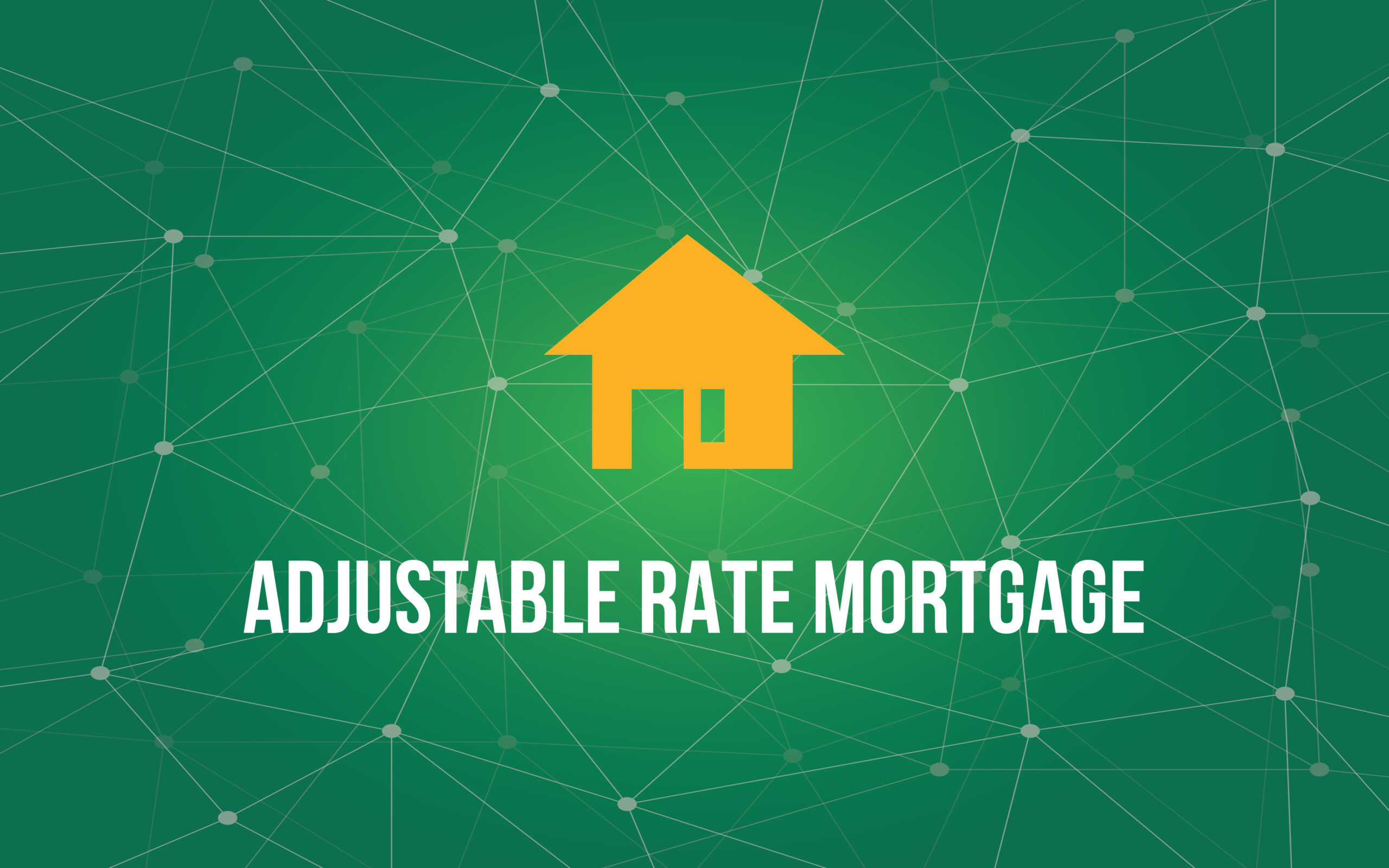Home Inspections help buyers to identify any major issues with a home before closing. An inspector will evaluate the property and write up a list of major and minor repairs that need to be made. Without any penalties as a buyer, you are able to walk away from the purchase offer if there are major defects found with the home. This is ideal for any buyer that doesn’t want the burden of high-cost fixes after closing. Here are some things to keep in mind when purchasing a home.
- Home inspection contingencies. A home inspection contingency gives buyers the opportunity to hire a professional home inspector of their choice to point out any issues with the home, both major and minor. With this contingency in place, buyers can walk away from the purchase offer if they choose to.
- Financing. Keep in mind many lenders will not finance a loan without a home inspection.
- Home inspections can find life-threatening problems like mold or faulty wiring, which could cause a fire.
- Inspectors will examine the exterior and interior parts of the home, including but not limited to electrical, plumbing, roof, HVAC, and foundation.
- You can negotiate! Home inspection results are a great way to negotiate if you want the home but don’t want to be stuck with all the fixes. Negotiating through the seller fixing some items or shaving off money from the offer could help with the list of issues that arise.
- Buyers will typically have a window of time after the home inspection is completed to terminate the purchase and sales agreement or negotiate if they choose.
Are you interested in purchasing a home and have questions? Reach out to a qualified loan officer today to learn more!










